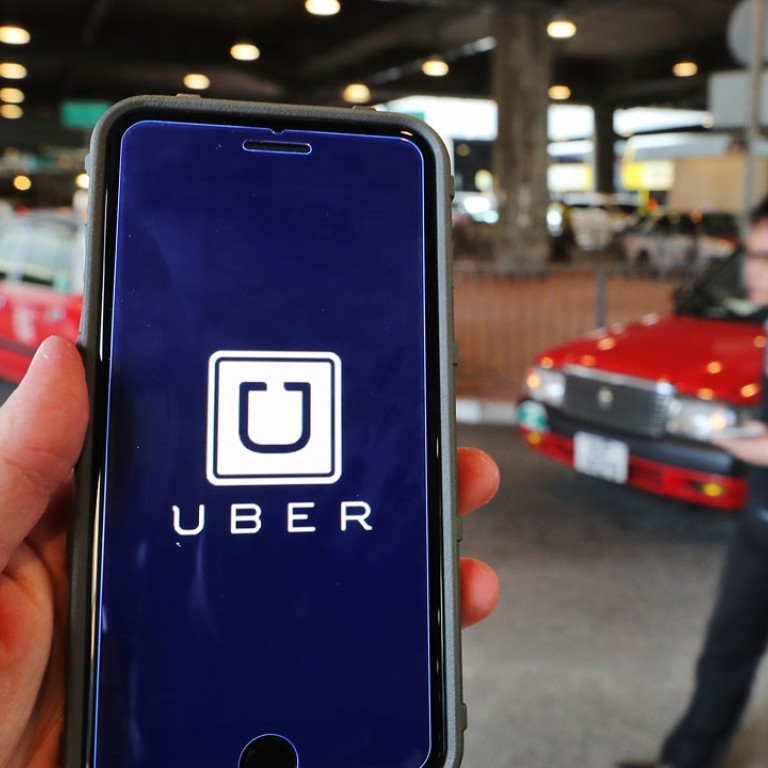
Legislation can protect consumers while also nurturing innovation
A magistrate’s decision to punish 28 Uber drivers, and plans to penalise people who offer their homes for short-term stays, shows Hong Kong still has a way to go in creating a regulatory culture that embraces technological transformation
Hong Kong’s government says it is eager to make the city a centre for technology and innovation. But its refusal to allow the global online platforms Uber and Airbnb gain a legal foothold in the city casts doubt on its resolve.
The recent fining of 28 Uber drivers and planned penalties against people offering homestays shows where the priorities lie, at least for the transport and accommodation industries; existing businesses are being protected despite criticism that they do not offer service as good as that of the newcomers. Such unwillingness to allow innovators to openly operate augurs poorly for the city, even as more innovative technologies with the potential to have an even greater impact on our lives loom. The magistrate who sentenced the drivers for illegally offering ride-hailing services put circumstances succinctly: “Momentous technological breakthroughs never take account of prevailing public policies, but prevailing public policies must take account of momentous technological breakthroughs.”
Uber and Airbnb have certainly been momentous elsewhere. In numerous cities, they have knocked existing firms from their pedestals and even put them out of business. Their success is based on convenience, flexibility, transparency, cost-effectiveness and a perception among advocates of better service. The approach when entering new markets has usually been confrontation – to ignore laws and rules, and – when challenged – negotiate with authorities.
That approach has been tried in Hong Kong, but vested interests in the taxi and hotel industries have successfully lobbied the government to maintain and enforce the laws. For Uber, that has meant refusing to make more licences available, arresting, prosecuting and fining drivers and impounding vehicles. Homeowners making flats available through Airbnb face new laws and penalties aimed at ensuring the safety of guests, but which an official for the company claims will restrict the ability of residents to share their homes and the breadth of choices for travellers.
Uber has gained a loyal following, in part, due to the poor image of the traditional taxi industry. Taxi companies, fighting a rising number of complaints of shoddy service and accusations of rude and unscrupulous drivers, have promised improvements. The government has also stepped in and lawmakers are considering harsher penalties and a demerit points system for drivers who commit a variety of offences.
Authorities have to ensure the safety of public services. But they also have an obligation to embrace innovators who bring improvements. Consumers have to be protected, but that does not mean eroding laws. Instead, it means being open to newcomers and shaping legislation to ensure they can freely operate.

